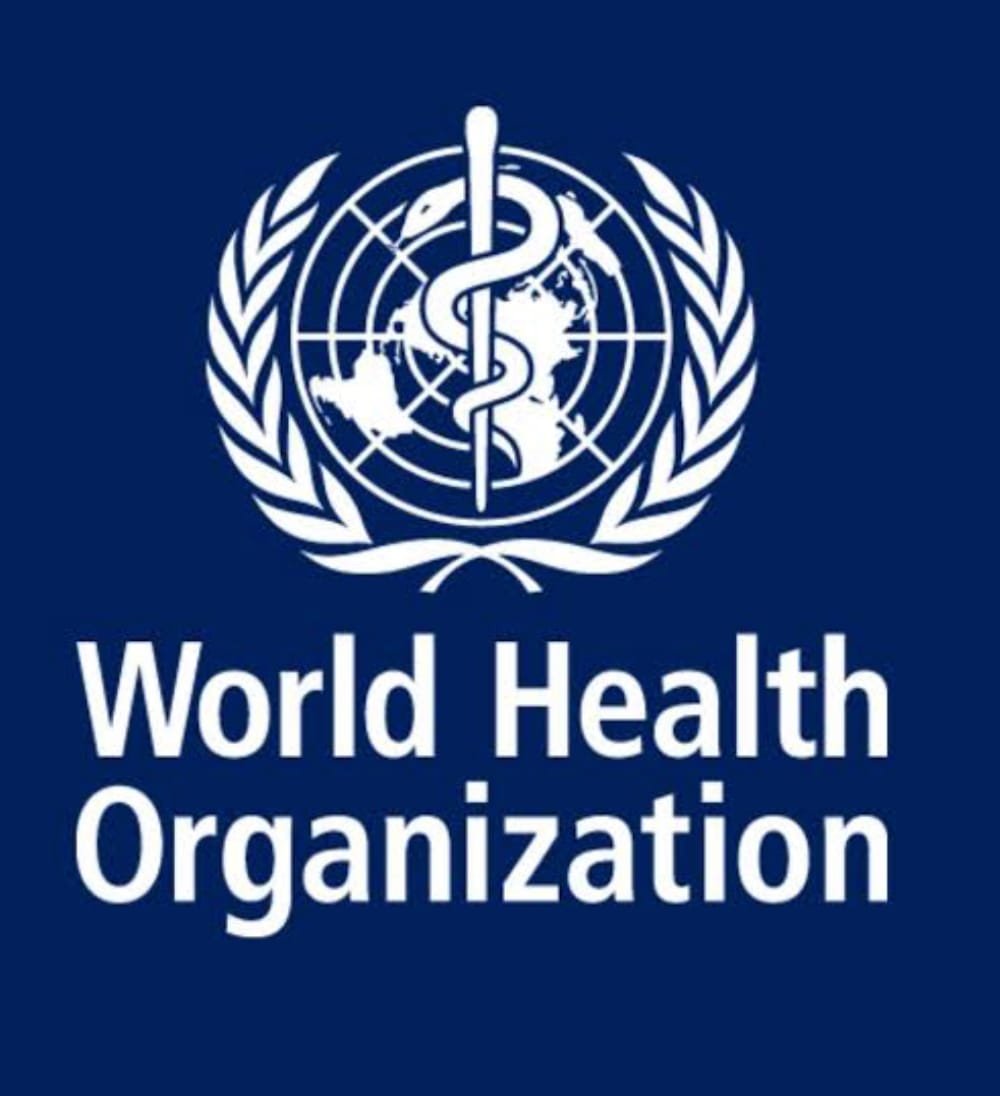[ad_1]
Dr Walter Mulombo, the World Health Organization (WHO’s) representative for Nigeria has revealed that an estimated 6.2 million Nigerian children are expected to be immunized between 2019 and 2021 as a result of the COVID-19 pandemic’s detrimental effects.
Speaking at a media roundtable on Tuesday to mark the African Vaccination Week in 2023, Dr Mulombo claimed the government and its partners would need to step up their efforts to reach these kids.
According to him, the COVID-19 pandemic’s unprecedented effects on routine immunization services in the Africa Region have increased the number of zero-dose and under-immunized children, rising by 16 percent between 2019 and 2021 and bringing the total to about 33 million, or roughly half of the global estimate.
“An estimated 33 million children will need to be vaccinated in Africa between 2023 and 2025 to put the continent back on track to achieve the 2030 global immunization goals that include reducing morbidity and mortality from vaccine-preventable diseases.
“In Nigeria, WHO estimates in 2019 to 2021, 6.2 million children are zero doses; a consequence of the negative impact of the COVID-19 pandemic,” he said.
The World Health Country Representative in Nigeria, Dr Walter Mulombo has said an estimated 6.2 million Nigerian children are unvaccinated from 2019 to 2021, due to the negative impact of the COVID-19 pandemic.
Dr. Mulombo said this on Tuesday at a media roundtable in commemoration of the 2023 African Vaccination Week.
According to him, reaching these children would require renewed and intensified efforts by the government and partners.
He said in the Africa Region, the unprecedented impact of the COVID-19 pandemic on routine immunization services has driven up the number of zero-dose and under-immunized children, rising by 16 percent between 2019 and 2021 and pushing the cumulative total to around 33 million, which represents nearly half the global estimate.
“An estimated 33 million children will need to be vaccinated in Africa between 2023 and 2025 to put the continent back on track to achieve the 2030 global immunization goals that include reducing morbidity and mortality from vaccine-preventable diseases.
“In Nigeria, WHO estimates in 2019 to 2021, 6.2 million children are zero doses; a consequence of the negative impact of the COVID-19 pandemic,” he said.
“To realize this declaration, this year African Vaccination Week and World Immunization Week, from 24–30 April, with the theme “The Big Catch-Up” has been announced. This is a global push by WHO and partners to intensify efforts to reach children who missed vaccinations, as well as to restore and strengthen routine immunization programs. The ‘Big Catch Up’ is a year-long campaign aiming to reverse the serious setbacks in routine immunization,” he said.
The WHO representative said the organization is supporting Nigeria’s full participation in the Regional Working Group for Catch-up to ensure effective planning and resource mobilization for the 20 countries with a high burden of zero-dose children in the region.
“WHO since 2015 issued revised immunization schedules to support the ‘Big Catch-up’ where children who have missed being vaccinated can be safely vaccinated with appropriate vaccines. This is part of over 15 guidelines and strategies issued to countries including Nigeria.
“WHO is supporting the NPHCDA engagement with 36 states and the FCT to develop tailored strategies to reach zero dose and unimmunized children. WHO has prioritized technical support for the Zero Dose agenda and the Big Catch-up in all state and Local Government Areas,” he added.
[ad_2]
Source link



